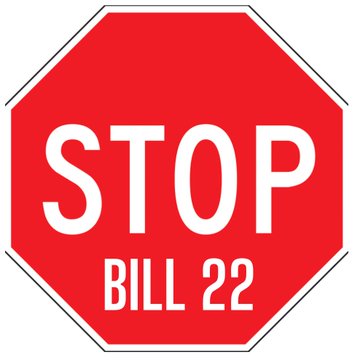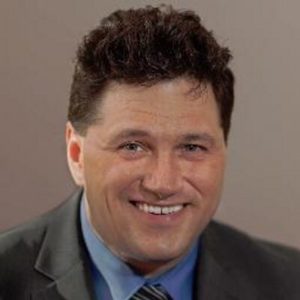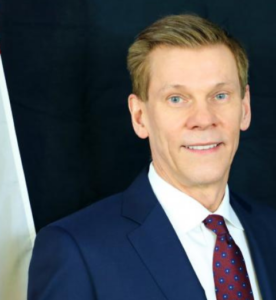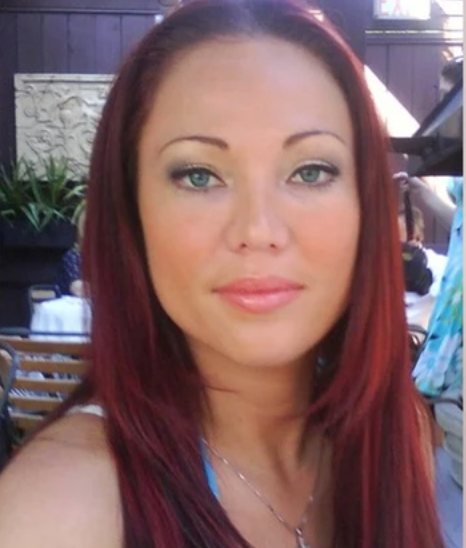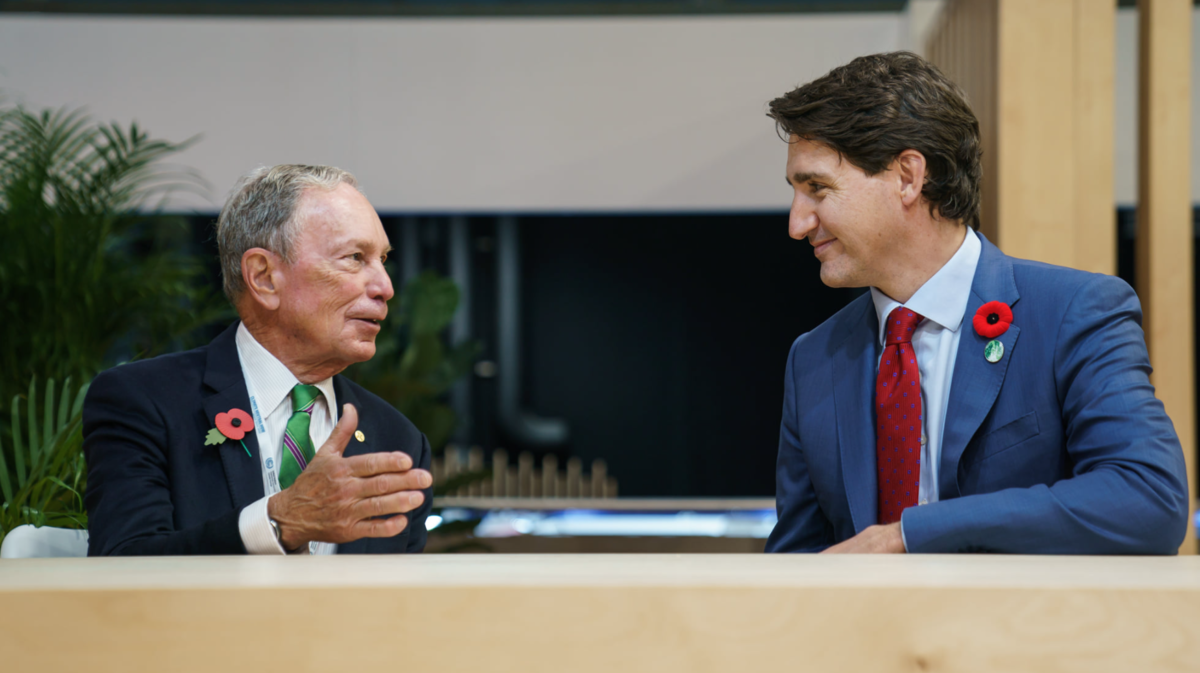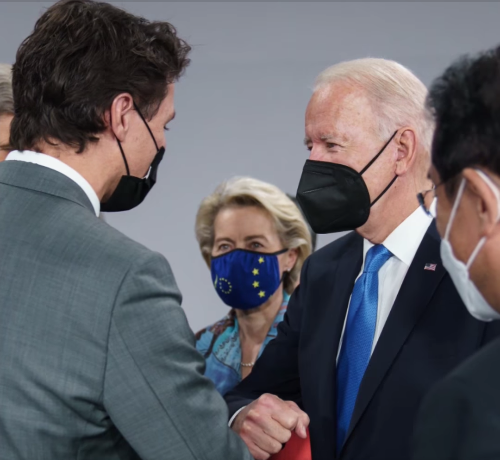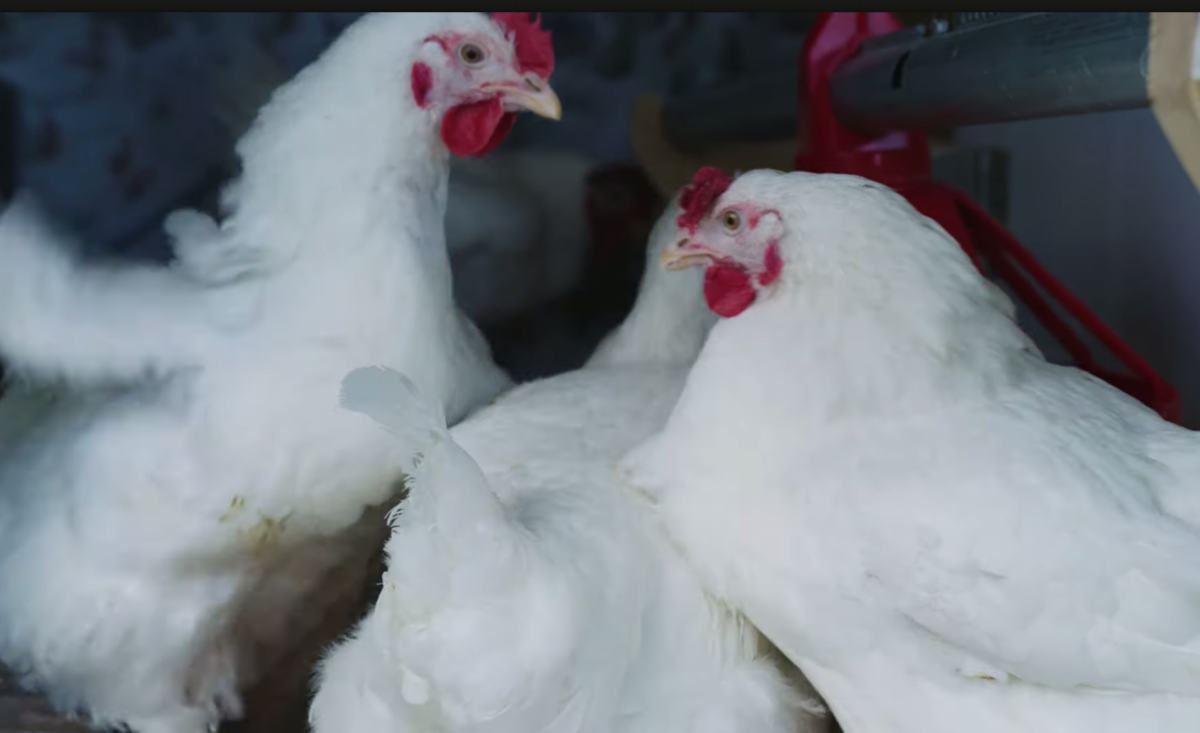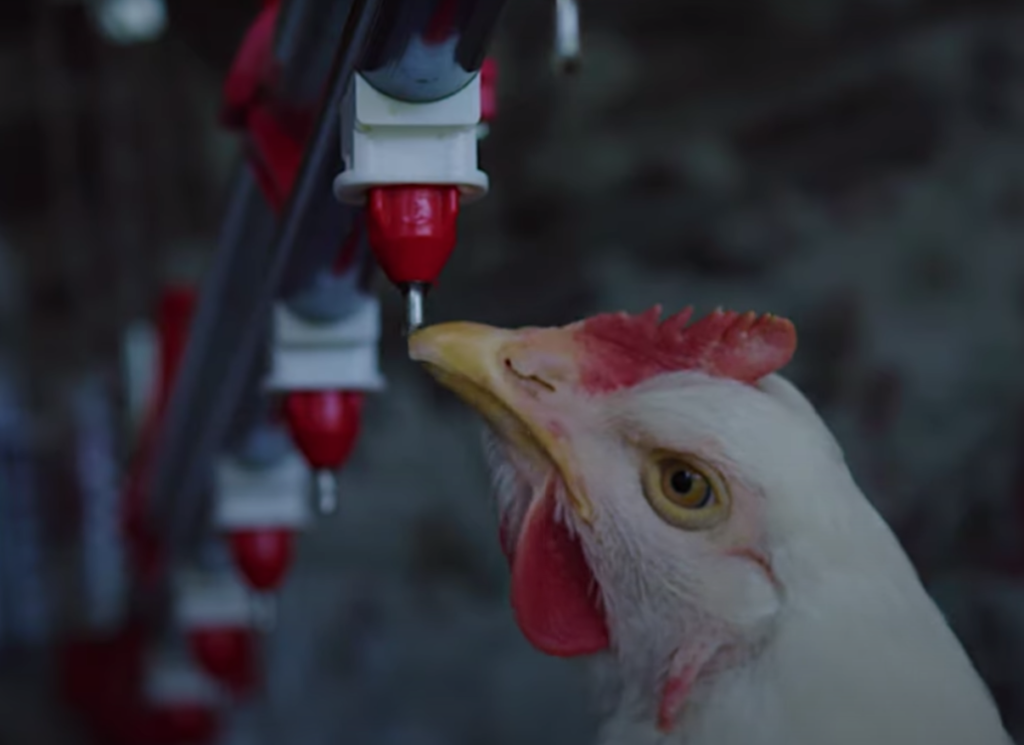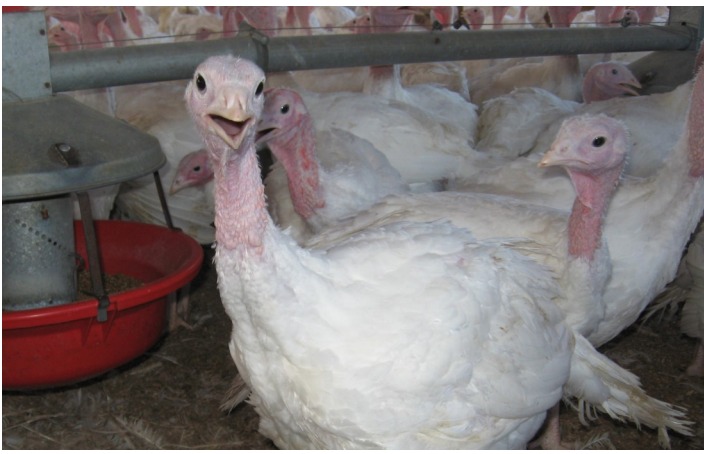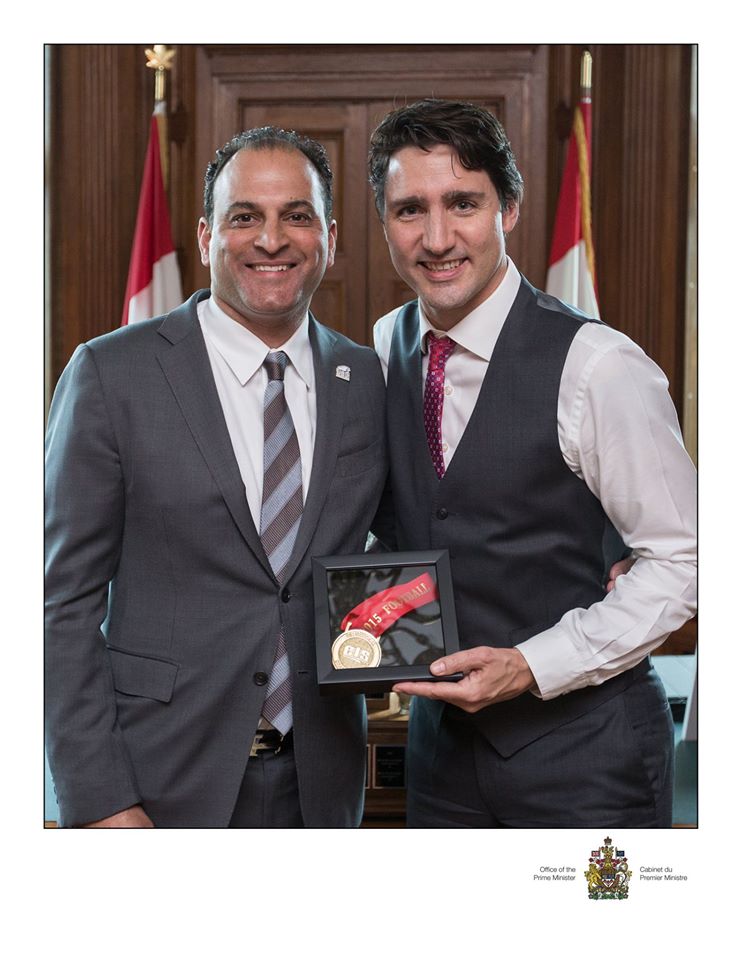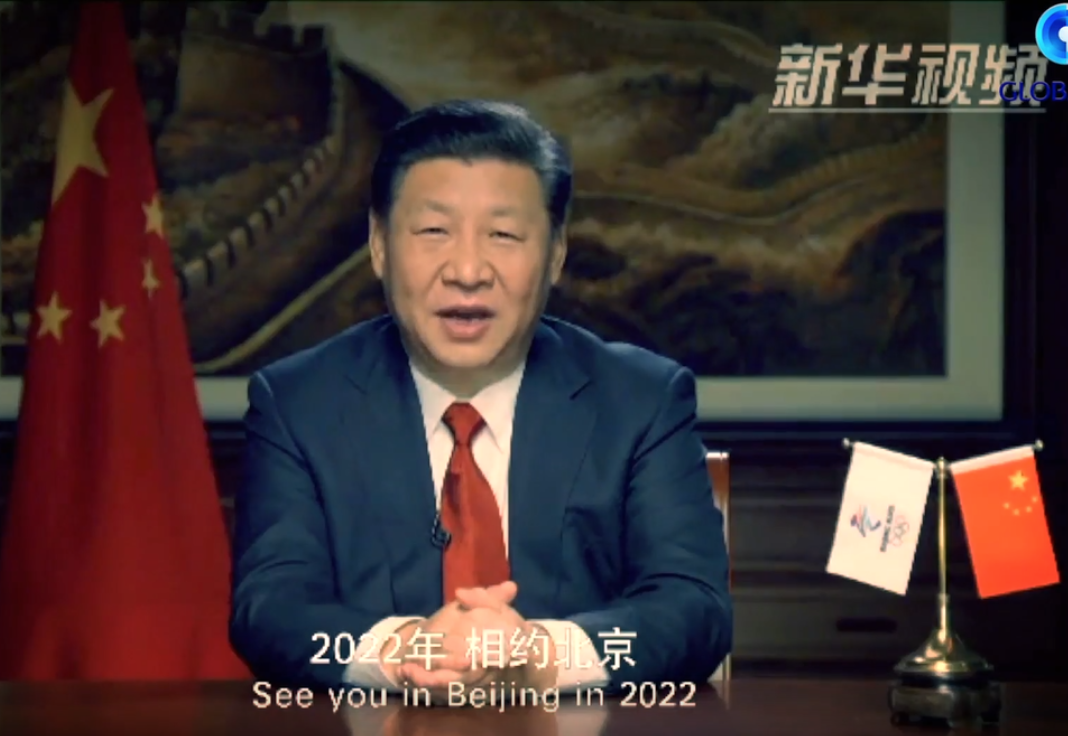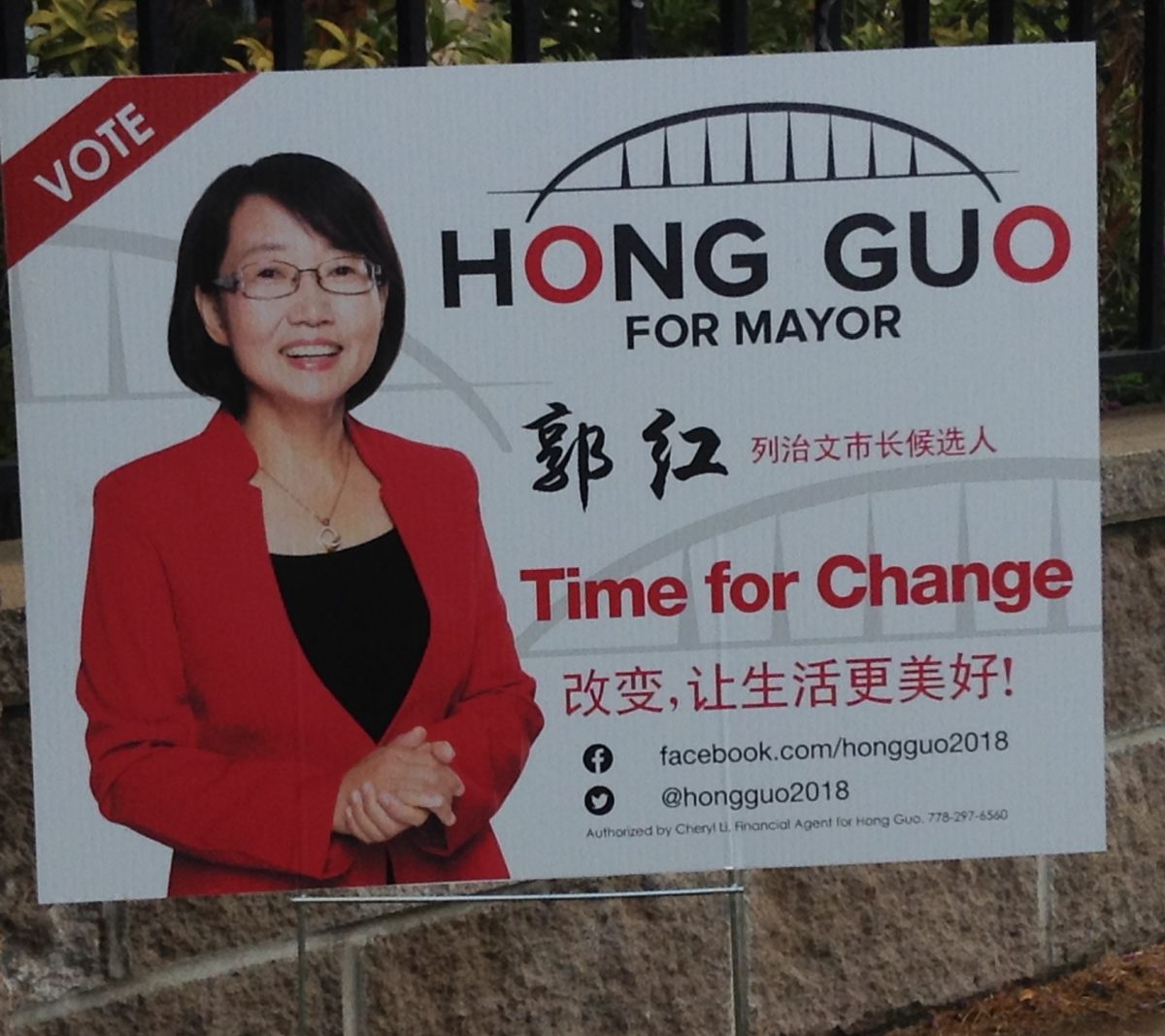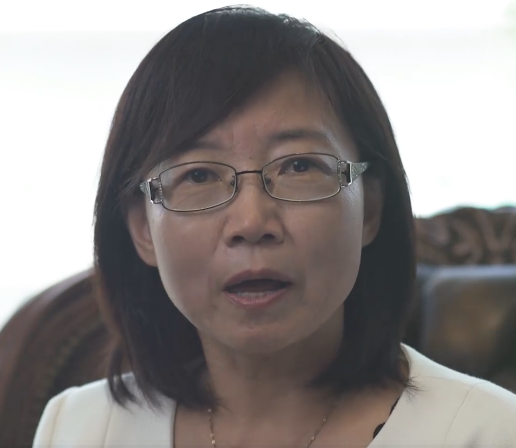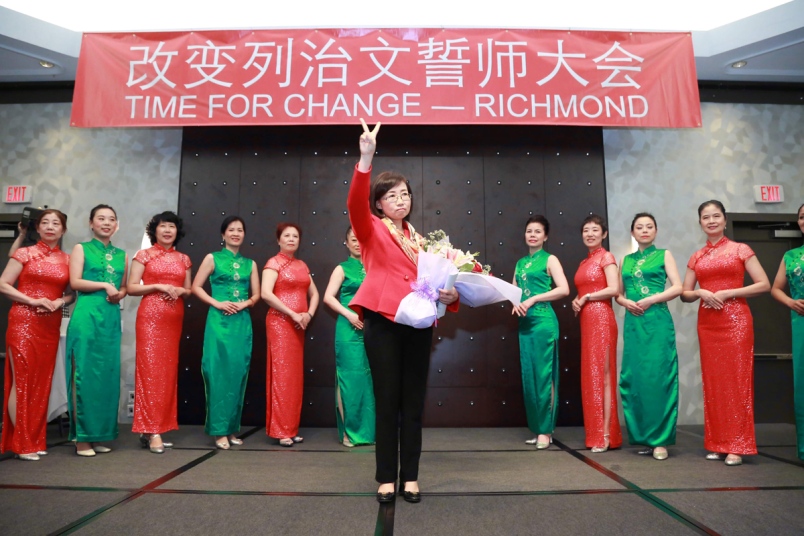Exclusive: City of Surrey tramples on Charter rights, says police petition volunteer
Bob Mackin
A volunteer with the Surrey Police Vote petition campaign says Surrey city hall breached his constitutional rights.

A May 2019 photo of Mayor Doug McCallum and council members. (City of Surrey)
A bylaw officer fined Paul Daynes $100 on Sept. 11 for unlawful advertising as he removed a sign promoting the petition from his car. Daynes had just arrived at the Dogwood Park parking lot to help set-up the kiosk in the drive to gain enough signatures to force a referendum over whether to replace the RCMP with the Surrey Police Service.
In an interview, Daynes, who is also the campaign director for Keep the RCMP in Surrey, said he told the bylaw officer his name and address. He refused to take the ticket, but said he encouraged the bylaw officer to mail a copy to him.
On Oct. 29, Daynes finally received a letter in the mail from Acting Public Safety Operations Manager Kim Marosevich, demanding he pay $200 by Nov. 29 or city hall would take further, unspecified action against him.
The letter said Daynes did not respond or dispute the ticket within 14 days of the alleged violation, so he is “deemed to have not disputed the charge and to have pleaded guilty to the offence.”
Daynes said he was peacefully exercising his democratic rights in a public place in accordance with the freedom of expression clause in the Charter of Rights and Freedoms. Courts across Canada have upheld the right of citizens to post notices on utility poles, hand out leaflets and erect signs and billboards.
“These are the very same freedoms that generations of Canadians are remembering this week, that they fought and died for,” Daynes said. “It’s an absolute outrage.”
Daynes called it a “gross violation” of his rights while participating in an Elections BC-approved campaign and believes it stems from Mayor Doug McCallum’s obsession with stifling debate unfavourable to his leadership.
“He’s a little tinpot fascist dictator,” Daynes said.
The Elections BC-approved petition deadline is Nov. 15. It won’t meet the province-wide threshold of 10% of registered voters in all 87 districts to automatically trigger a vote. Campaigners have focused on the nine Surrey ridings, hoping to gather enough support to force the NDP cabinet to order a local referendum.
“[Mayor Doug McCallum is] a little tinpot fascist dictator”
In September, McCallum used his Safe Surrey Coalition majority on council to ban seven members of Keep the RCMP in Surrey from attending city council meetings.
That was the week after McCallum allegedly suffered a foot injury in a strip mall parking lot. He accused a KTRIS member of running over his foot, but the RCMP and a special prosecutor are investigating whether McCallum lied about the incident.
Support theBreaker.news for as low as $2 a month on Patreon. Find out how. Click here.
Bob Mackin A volunteer with the Surrey






